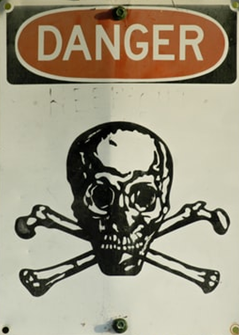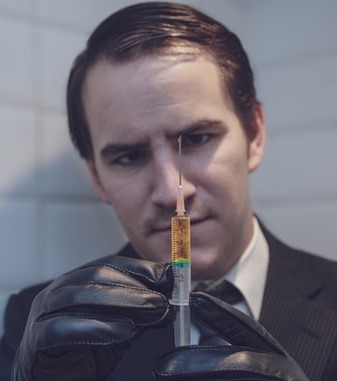Have you ever wondered why workplace cultures in healthcare settings can be so toxic? Almost every other week there are reports of rampant bullying in our hospitals. Having worked in multiple teaching hospitals across the eastern seaboard of Australia I have observed first-hand, scandalous workplace behaviour. I have plenty of war stories as do too many others! We know that staff cannot make their patients safe if they are not safe themselves. Listen to Camille Bianchi’s podcast ‘The Nurse’ for a horror story on what can happen when a toxic hospital culture stays unaddressed for too long. Yes, hospitals are known for bullying but no healthcare setting is immune.
Factors driving toxic workplace behaviour:
- Healthcare professionals are characteristically ultracompetitive– and this produces destructive interpersonal personal rivalries if not actively moderated
- Healthcare professions inhabit silos– doctors vs. nurses vs. administrators
- Aggression is normalised– it is often seen as a way of sorting out those who have the necessary mettle to perform clinically at the highest possible level
- Hierarchical management structures impede communication– aka the ‘military model’
- Secrecy, intrigues, and cover-ups abound– this is because managers are either complicit or simply do not know how to deal with rampant bullying and harassment
- Many clinical leaders are promoted into positions of authority without management training– and as a result they resort to home-spun thinking and practices. They can behave like feudal warlords!
- Many clinical leaders are contemptuous of career managers – labelling them as ‘useless pen-pushers’ or ‘bean counters’. This makes for a poor internal dialogue across executive teams
- Bullies are sometimes ‘protected’– because their services are considered just too important to lose
- Executives and managers are sometimes bullies themselves– we need to call this out if they are in fact presiding over a toxic culture
A bad culture is made worse when:
- Longstanding personal enmities exist at the highest levels of leadership – ‘you can almost hear the axes being ground’
- Budgets are stressed and the competition for resources escalates
- Patient demand routinely exceeds capacity– staff are overworked, stressed, and feel exhausted
- Boards do not have a line of sight on what is happening on the wards- because Executives are loathed to declare serious cultural problems
- Human Resource departments are marginalised or otherwise disempowered
- Really bad behaviours are not called-out– this means that bullies are emboldened
- Boards and executives prioritise reputations and misguidedly protect the prestige of the organisation
- Corruption is not addressed
Toxic workplace cultures are decades in the making and as such take long and concerted efforts to correct. We should:
- Hold executives and Boards to account
- Promote managers and leaders based on their ethics
- Ensure all managers are trained
- Break down professional silos
- Manage destructive competition
- Reward team working
- Have zero tolerance of bullying and aggression – exempt no-one!
- Manage patient demand
- Prioritise the wellbeing of people over the organisation’s reputation and prestige
- Sort our policies and procedures – and then work them.
- Empower our HR specialists!
- Train staff, mentor and monitor
Healthcare staff cannot look after their patients if they are constantly fearful and looking over their shoulder. Think about this for a moment!
thought starters
As healthcare commissioners we vicariously incur a duty of care and we can’t pretend that we don’t have responsibilities when our providers are found to be doing the wrong thing.
- What would you do if there were reports that one of your contracted providers had a reputation as having a toxic culture?
- What would you like to see in a provider’s clinical governance process to ensure that patients were protected from bad workplace behaviours?



You must be logged in to post a comment.